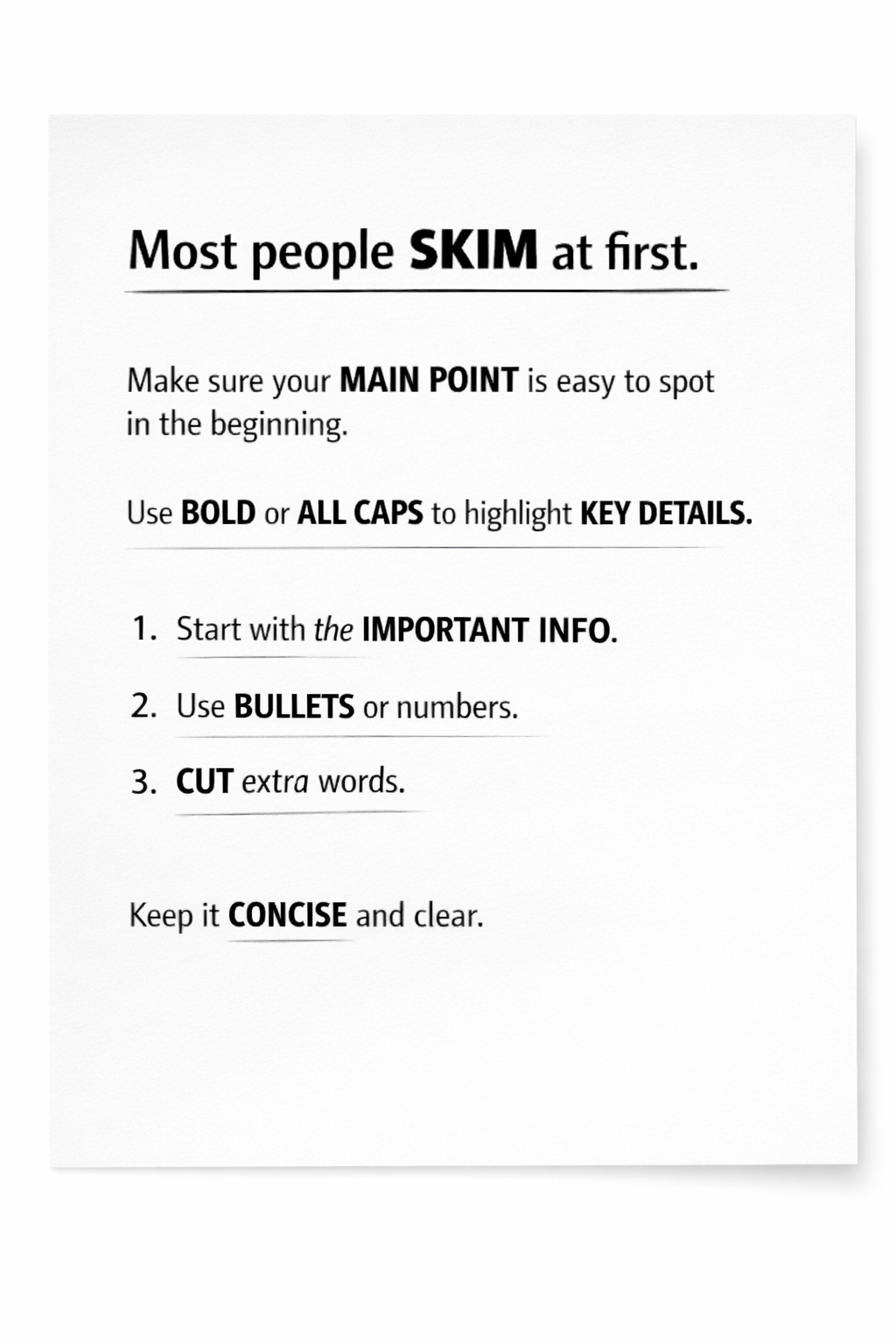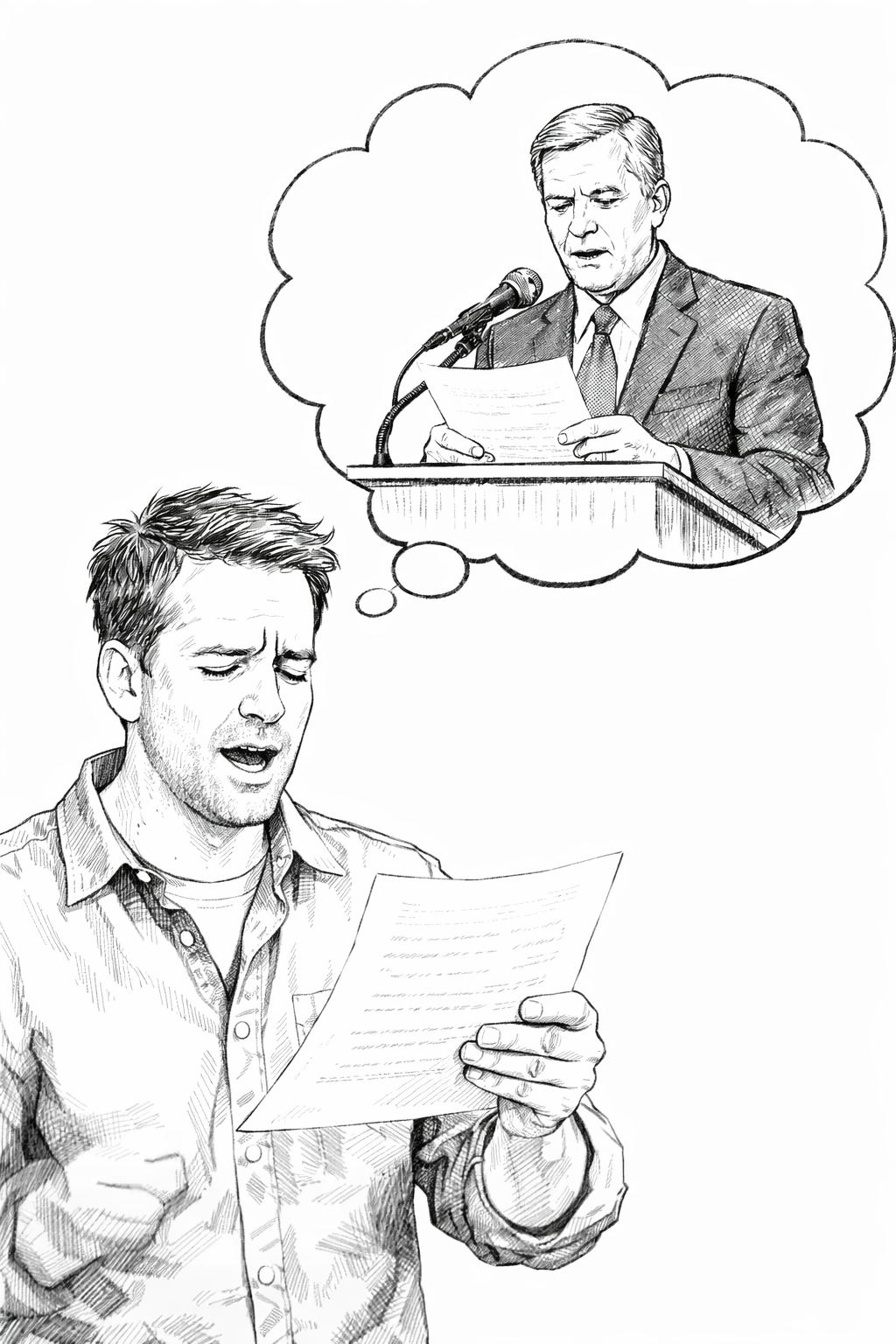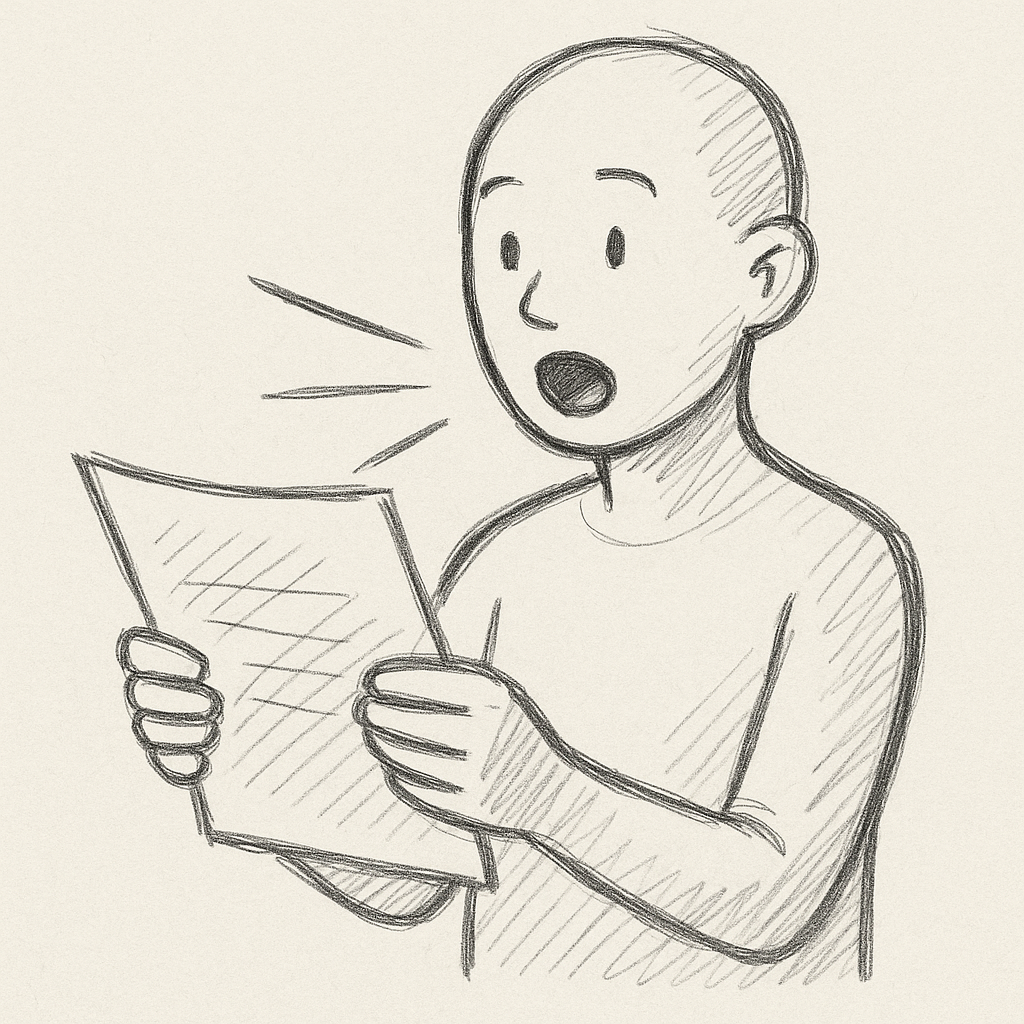Nib #31 — Sentences: How Long is Too Long?
Short sentences are easy to read.
Long sentences — not just because they contain more words, but because all those words are patched together in unpredictable patterns of relative, dependent, and independent clauses — are much harder to read, and — as you may be noticing even now — their reader-unfriendliness tends to grow with their word counts.
See?
There is no hard rule about how many words make a sentence
too
long. Psychologists tell us that at around 30-35 words, even smart readers start to forget how the sentence began. And we all know from personal experience that for the reader, the end of a sentence “never comes too soon.” As usual in writing, all things being equal, shorter is better. But sometimes things are
not equal. After all, too many short sentences in a row make for choppy reading. So what is the Goldilocks principle was applied to sentences -- not too short and not too long?
The strike zone for most writers is an average of 15-20 words per sentence.
The key word there is
average. You’ll still need short sentences, which are great for quick clarifications, hard pivots, and revelatory mic drops. You’ll still need longer sentences to draw disparate ideas together in the reader’s mind. And of course, you’ll need both for flow — providing your readers the ear-pleasing sentence-length variety that echoes human speech.
Three more quick points on this topic:
- Don’t worry about sentence-length as you write. Whatever length of sentence you
think in, that’s what your first draft should look like. Right-sizing sentences can wait for the editing and revision process.
- When cutting and breaking up sentences, start at the back. That’s where we tend to put cumbersome, superfluous phrases and clauses. If, once scrutinized, they prove important enough to keep, then they are important enough to anchor their own sentences.
- The best way to tell whether a sentence you’ve written is too long is to read it out loud. You’ll hear prolixity before you’ll see it.
And when in doubt, trust the old maxim:
If you think the sentence may be too long, it is.
Until next week… keep writing!











